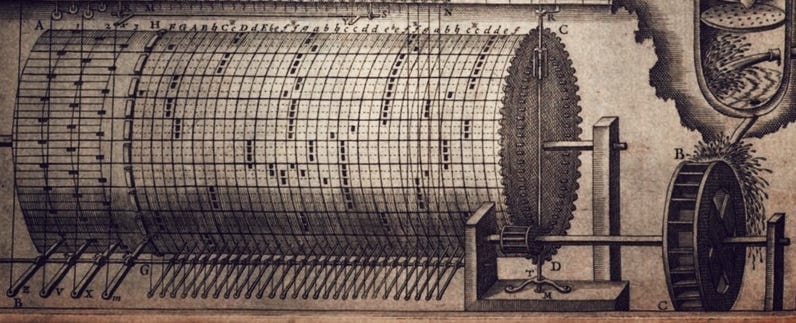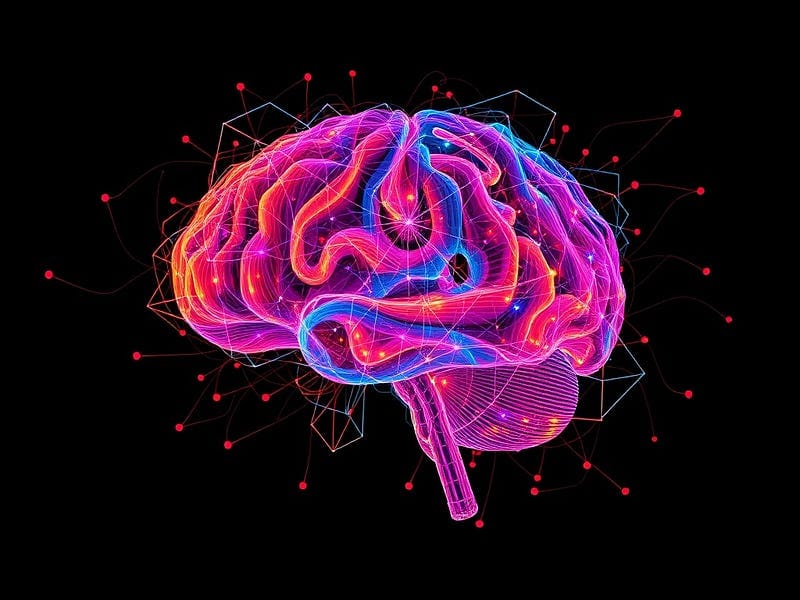Harnessing AI to Combat Disinformation: Strengthening Journalistic Integrity and National Security
I have one additional thought, and it is politically challenging. To execute it, the Knight Commission on Trust, Media, and Democracy will…

I have one additional thought, and it is politically challenging. To execute it, the Knight Commission on Trust, Media, and Democracy will need to support and connect.
In the ongoing effort by the Knight Foundation to address misinformation in American public life, it is important to consider how we can develop tools and resources that journalists can use to connect with information gathered by the U.S. State Department’s Global Engagement Center.
This center is an inter-agency unit created in the spring of 2016, replacing the Center for Strategic Counterterrorism Communications. The center is concerned with countering terrorist propaganda, and it is also tasked with wrestling with state-sponsored disinformation campaigns. When it was founded, it was intended to be a place where technologists from the intelligence community and media technologists could find common ground and a common mission.
Perhaps there’s a way to connect Global Engagement Center’s data analytics systems with the work of the Knight Commission on Trust, Media, and Democracy, as well as the Knight Foundation’s Ethics and Governance of Artificial Intelligence Fund at MIT’s Media Lab and the Berkman Klein Center for Internet & Society at Harvard?
The question is—how can the Knight Commission on Trust, Media, and Democracy support opportunities to make the U.S. State Department Global Engagement Center more successful in addressing counterfactual narratives (including Russian-led activities intended to undermine America’s democratic institutions) circulated in the American media, cable news, and social media?
My thought is that artificial intelligence has the capacity to counter the use of artificial intelligence in this arena via a single dashboard tool that can be used by journalists in an information-sharing system that can be linked to the State Department Global Engagement Center’s data analytics systems.



